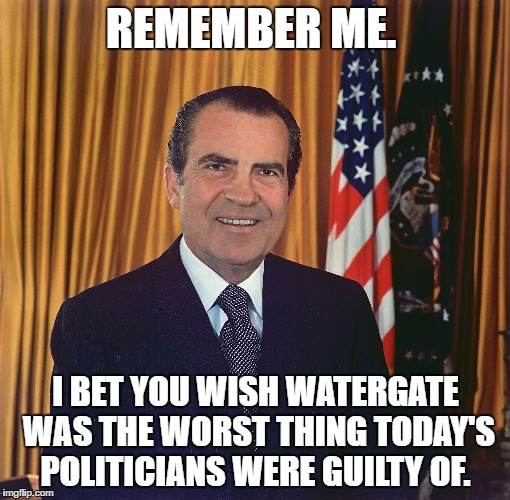
When it comes to constitutional law cases involving Presidents, United States v. Nixon (1974) said the President doesn’t have an absolute privilege.
To begin, here’s the facts of United States v. Nixon. During 1974, newly appointed Special Prosecutor Leon Jaworski investigated the Watergate scandal and subpoenaed tapes of President Nixon. The President refused on executive privilege grounds.
The Supreme Court addressed this issue. Is the President’s Article II executive privilege absolute?
The Supreme Court held the following: The President doesn’t have an absolute executive privilege. Furthermore, it must be balanced against constitutional interests.
Here’s the Supreme Court vote: The Justices ruled 8 to 0. All Justices ruled against Nixon.
Essentially, Richard Nixon’s lawyers had to turn over the Watergate tapes. His lawyers failed to quash the subpoena. Now, Special prosecutor Leon Jaworski’s subpoena from the Federal court had to be obeyed. Basically, President Nixon couldn’t cite executive privilege.
Incidentally, this case was linked to the criminal trials of Watergate. Here, the court argued for the Fourth and Fifth Amendment rights of the accused. They needed the Watergate tapes to guarantee a right to a speedy trial for the accused.
As a matter of fact, President Richard Nixon was not charged as a defendant in Watergate criminal cases. Basically, he was only an “unindicted co-conspirator” in the Watergate cases.
The court said the President doesn’t have an absolute privilege in this case. However, Presidents do have a qualified privilege in regards to national security or some diplomatic problem where he can assert or quash the subpoena of a federal court.
Historically, Presidents have asserted executive privilege. In the Jefferson v. Aaron Burr case, President Jefferson cited executive privilege. However, Chief Justice John Marshall said the President can be subpoenaed for evidence. The President doesn’t have absolute privilege and the usual lawsuit process applies.
Aside, this case points to why Presidents get pardons. Perhaps, some day a democratic prosecutor might come after President Trump. Maybe, charges may be laid under the Foreign Corruption Practices Act for his business dealings over seas. Like Nixon, President Trump may need protection from litigation.
In the end, United States v. Nixon was an important case. It said Presidents don’t have an absolute privilege under Article 2 of the Constitution.
